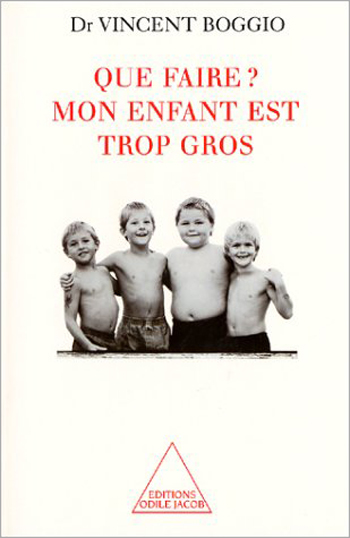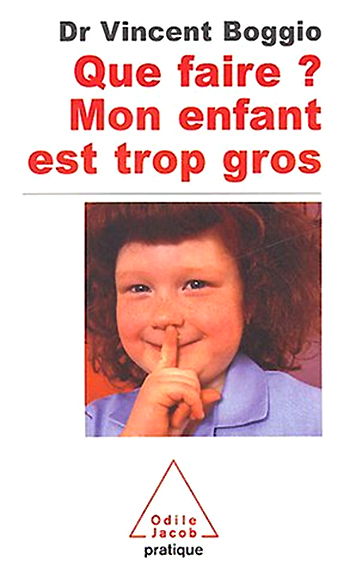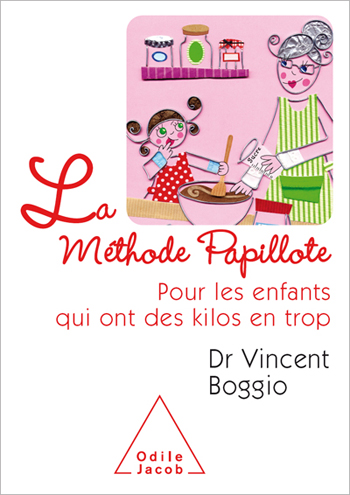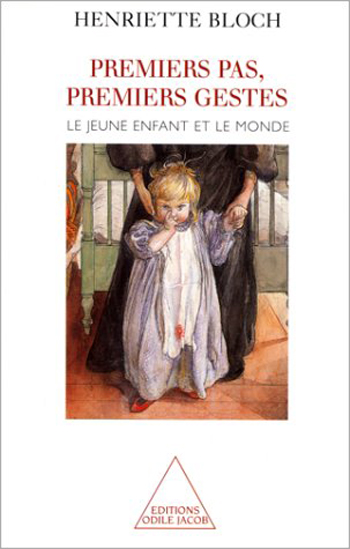Health and Wellness All books

Catherine Bonnet
A Gesture of Love Giving birth anonymously
Why do some women give birth anonymously so that their child is instantly adopted? A pedopsychoanalyst, Catherine Bonnet recounts the heart-breaking testimonies of these suffering women whose single gesture of love is to protect their child from the violence within themselves. A fresh look at the foundations of maternity and of filiation. Catherine Bonnet is a pedopsychoanalyst.
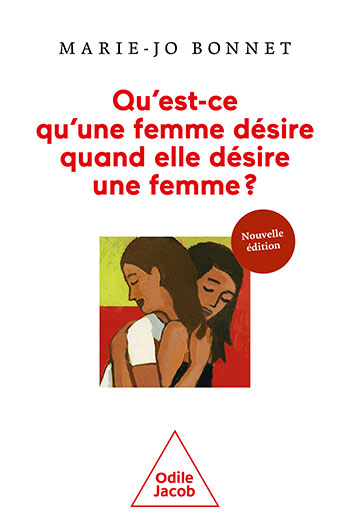
Marie-Jo Bonnet
What Does a Woman Desire When she Desires a Woman?
From Madame de Sévigné to Pauline Delabroy-Allard, George Sand to Djuna Barnes, Simone de Beauvoir to Monique Wittig, not to forget Céline Sciamma or the 10% et Nina series… An analysis of the different faces of lesbian love over time.
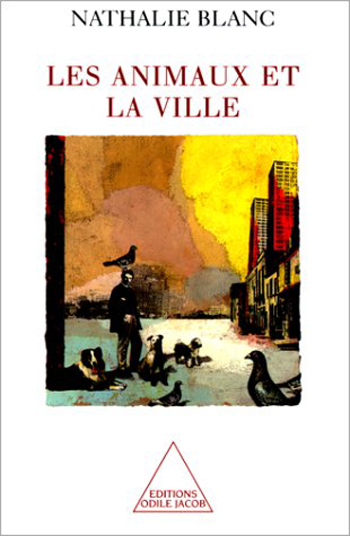
Nathalie Blanc
Animals in an Urban Environment
Those of you who live in an urban centre, do you think the rightful place of the animal is in the countryside ? Do you think that dogs are simply kept at the whim of lonely citizens ? That cats should not be allowed to roam the streets ? That there should be no more cockroaches to invade homes ? Yet, do you really want a city without nature ? Without green areas, but also without animals ? A sterilised city in other words.. Nathalie Blanc analyses here the role of the animal, and thus the living, in our urban societies. Nathalie Blanc is a researcher specialising in urban geography, at the Centre National de la Recherche Scientifique.

